Health Benefits of Cuddling


Ease Stress
When you cuddle with someone you care about, your body releases a hormone called oxytocin that calms you and makes you more likely to deal better with stress. For example, you might laugh, distract yourself, or try to solve a problem. It also can lower your blood pressure and lower levels of the “stress hormone” cortisol, which also can help.
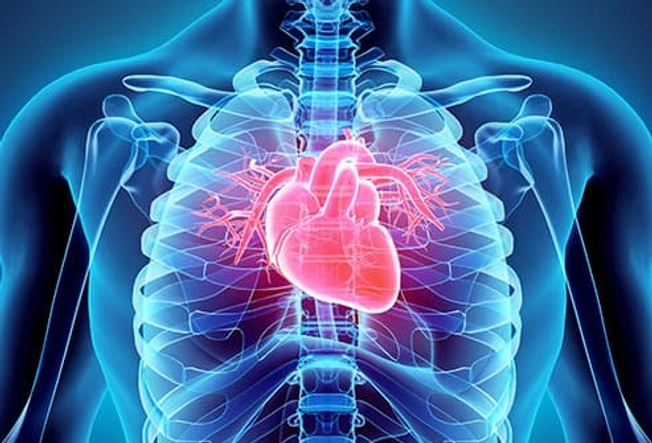
May Help Your Heart
It’s good for your ticker if your blood pressure’s lower and your stress levels are down. Scientists say it’s clearer that women get this benefit from cuddling, but it seems to be true for both sexes.

Relieves Pain
A good cuddle may give you more than just moral support after an injury. The oxytocin it releases can help block pain signals. It works so well that doctors are trying to figure out how to treat people with a lab-made form of it.
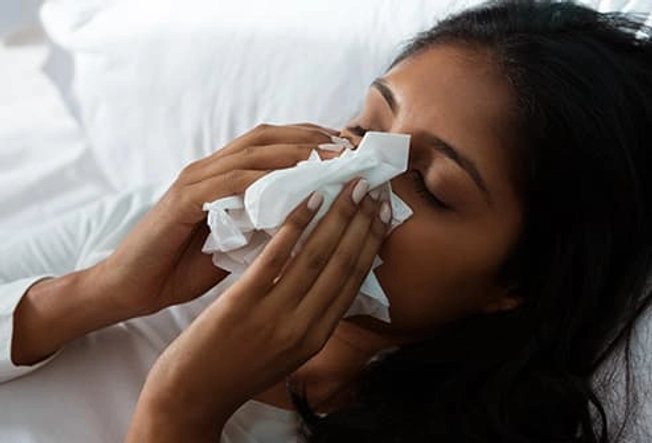
Fight Colds
Hugs from people you trust may protect you against this common virus, especially if you’re under a lot of stress. And if you’re already sick, more cuddling might keep your symptoms from getting worse.

Connects You to Your Partner
Oxytocin is sometimes called the “love hormone” -- you often have more of it in your blood if you hug your partner a lot. Couples who cuddle and kiss freely tend to be happier, healthier, and less stressed.

Helps You Sleep
Oxytocin is the magic ingredient again, probably because of its calming effects. But some people wake up often if they fall asleep in a cuddling or “spooning” position. That’s OK. You can get a lot out of it in the 10 minutes or so before you go to sleep at night.
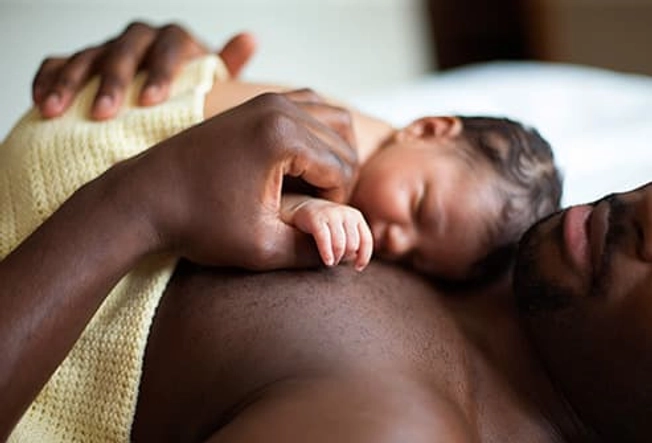
Helps You Bond With Your Newborn
Parents who cuddle with their babies, especially skin-to-skin, feel closer to them and are more tuned in to their needs. Research shows that dads are likely to get more involved, and moms may not feel stressed or sad. Babies may cry less, sleep better, and breastfeed sooner.
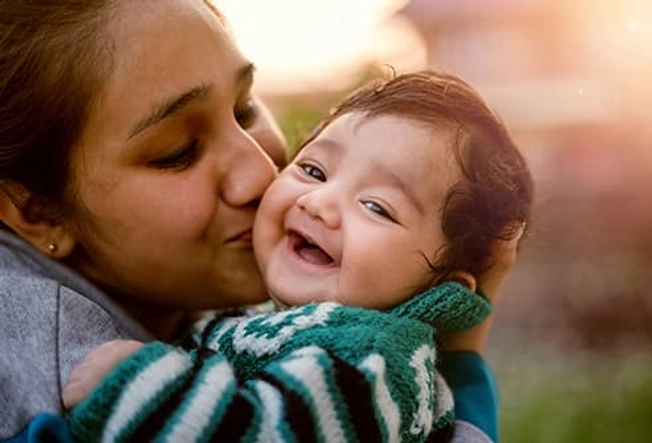
Good for Baby’s Health
Cuddling can boost an infant’s oxygen levels, calm its breathing, and ease pain signals. And for an underweight baby, it raises survival chances by more than a third. It helps the brain grow and makes infection and other illnesses, like hypoglycemia or hypothermia, less likely.
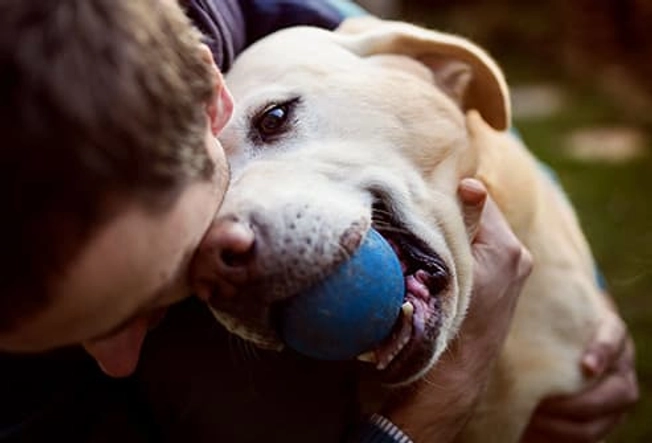
Should You Hug Your Dog?
You may get many of the same benefits as a human cuddle, but your dog might not like it. Don’t misread the response from your furry friend: Ears back and eyes turned away could be signs of stress, not happiness. Fido probably would rather have a pat, a treat, or a kind word.
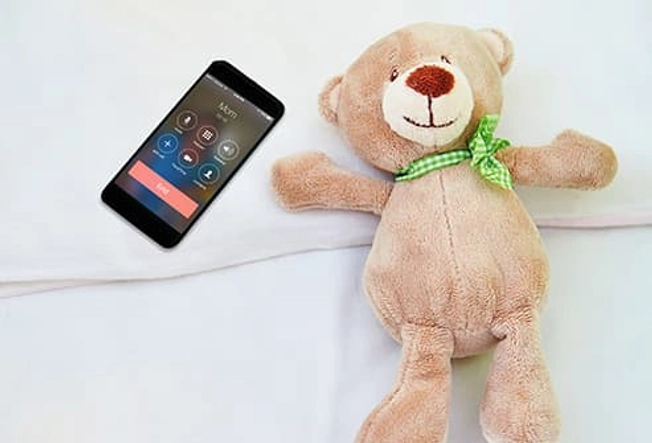
Hug Your … Phone?
In one study, people were asked to hug a human-shaped cushion with a built-in phone and talk to a partner through the device. The results showed they got one of the big benefits of a real embrace: lower stress hormones. Scientists are studying this effect to see if it might boost social support in this age of technology.
IMAGES PROVIDED BY:
- Thinkstock
- Thinkstock
- Thinkstock
- Thinkstock
- Thinkstock
- Thinkstock
- Thinkstock
- Thinkstock
- Thinkstock
- Thinkstock
Anxiety, Stress, and Coping: “Relations between plasma oxytocin, depressive symptoms and coping strategies in response to a stressor: the impact of social support.”
Association for Psychological Science: “Touch May Alleviate Existential Fears for People With Low Self-Esteem.”
Biological Psychology: “Social support and oxytocin interact to suppress cortisol and subjective responses to psychosocial stress,” “More frequent partner hugs and higher oxytocin levels are linked to lower blood pressure and heart rate in premenopausal women.”
Carnegie Mellon University: “Hugs Help Protect Against Stress and Infection, Say Carnegie Mellon Researchers.”
Current Pharmaceutical Design: “Oxytocin -- A Multifunctional Analgesic for Chronic Deep Tissue Pain.”
Indian Journal of Endocrinology and Metabolism: “The orgasmic history of oxytocin: Love, lust, and labor.”
National Sleep Foundation: “How Cuddling Affects Your Sleep.”
Open Nursing Journal: “Kangaroo Care in a Neonatal Context: Parents’ Experiences of Information and Communication of Nurse-Parents.”
Pediatrics: “Kangaroo Mother Care and Neonatal Outcomes: A Meta-analysis.”
Psychological Science: “Oxytocin and Social Bonds: The Role of Oxytocin in Perceptions of Romantic Partners’ Bonding Behavior,” “Does hugging provide stress-buffering social support? A study of susceptibility to upper respiratory infection and illness.”
Psychology Today: “Can My Dog Make Me Healthier?” “The Data Says ‘Don't Hug the Dog!’ ”
Psychosomatic Medicine: “Effects of partner support on resting oxytocin, cortisol, norepinephrine, and blood pressure before and after warm partner contact.”
Scientific Reports: “Huggable communication medium decreases cortisol levels.”
University of Rochester Medical Center: “Stress Can Increase Your Risk for Heart Disease.”